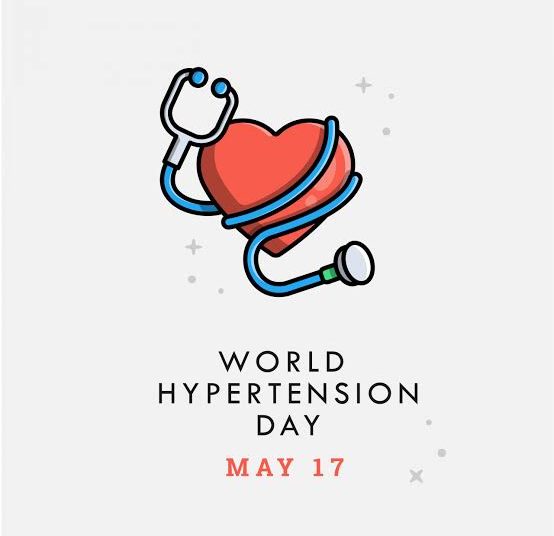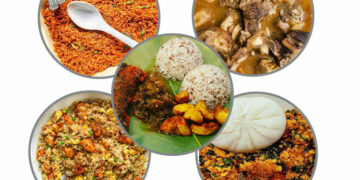As Nigeria joins the rest of the world to commemorate this year’s World Hypertension Day, cardiologists have advised Nigerians on low salt intake, healthy diet and lifestyle modifications.
A consultant cardiologist, Gwarimpa General Hospital, Dr Ada Nwakwo, told LEADERSHIP that one of the ways to prevent hypertension is through lifestyle changing; diet and exercise.
According to her, it is recommended to get at least 30 minutes of aerobic exercise five time a week.
This, alongside healthy diet, including reduce salt will go a long way in reducing high blood pressure, she said.
“There are people who always add salt to their meal, salt intake should be greatly reduced. You can use more of the spices since they have some salt contents and that will reduce the amount of salt.
“Eat plenty of fruits and vegetables, fruits that contain potassium, because they help reduce high blood pressure. Fruits like bananna and orange help in controlling and preventing high blood pressure.
“Also, take enough water, reduce alcohol and smoking, when you are able to do all these things, it will help in controlling not just high blood pressure but diabetes and low cholesterol level,” she advised.
Also, a cardiologist at the Usmanu Danfodiyo University, Sokoto, Prof Simeon Isezuo, said to control hypertension, lifestyle modification is very important.
He also advises on low salt dietary approach to stop hypertension, adding that diuretic and calcium channel blockers are effective treatment in the management of disease.
According to him, studies have shown that when you take low salt intake, your hypertension is likely going to go down, adding that diet, lifestyle modifications and consideration for barriers to BP control like poor knowledge about the condition, must be part of all treatment regimens.
Also, the 1st vice president, Association of General and Private Medical Practitioners of Nigeria (AGPMPN), Dr Kayode Adesola, said a 2015 survey conducted in country estimates overall hypertensionprevalence of 28.9 per cent, with a prevalence of 29.5 per cent among men and 25.0 per cent among women
On classification of blood pressure, he said normal is less than 120mmHg/less than 80mmHg, elevated is 120-129mmHg/less than 80mmHg.
“Stage 1 hypertension is 130-139mmHg/80-89mmHg, stage 2 is greater than or equal to 140mmHg/greater than or equal to 90mmHg,” he explained.
Speaking on the treatment, he said all patients with high blood pressure above normal should be treated with non-pharmacological interventions like heart-healthy diet, reducing sodium intake, intake of potassium supplementation, increasing physical activity, limiting alcohol consumption and losing body weight for those who are overweight.
When hypertension is in stage one or two, he advised patient not to delay drug treatment as life style changes often do not succeed.
He said there is need to follow the patient at 6-week intervals until control is achieved as a six month period of undertreated hypertension




